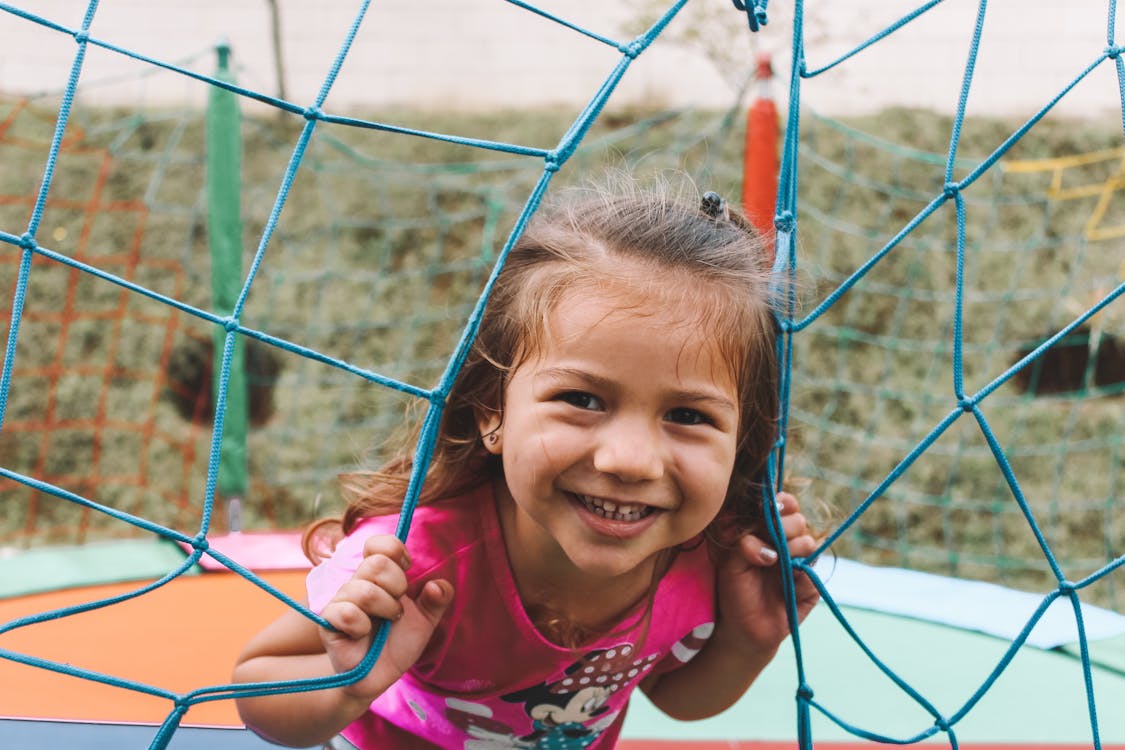A World of Learning:
Expanding Your Child’s Knowledge Outside the Classroom
written by Gwen Payne of invisiblemoms.com
For many children,
true learning begins after the bell rings. If your child is struggling with a
particular subject, there are plenty of activities that can help them to learn
and explore outside of the classroom - here are a few for you to consider.
Art & Music
Encourage your child’s creativity by signing them up for art or music classes, or if you’re feeling extra creative, you can get involved yourself! There are countless benefits to learning an instrument or participating in the arts. For example, studies have shown that music can improve memory, concentration, and motor skills.
Backyard Activities
You’ll find no shortage of learning opportunities right in your backyard. You could, for example, plant a garden together and learn about the different types of plants, how they grow, and the science behind photosynthesis. Alternatively, you could also set up a bird feeder and observe/catalog the different types of birds visiting.
Nature
Spending time in nature is not only good for your child’s mental health, but it can also be educational. At the local park, you can go on a nature hike and learn about the different types of trees, plants, and animals that live there. You can also visit a nearby farm and learn about where food comes from and how it’s grown.
Games
There are tons of educational games available online or at your local library. These games can help children learn about anything from math and science to history and geography. They can also provide a great way to bond as a family.
Technology
In today’s world, it’s impossible to avoid technology, and while there are some downsides to screen time, there are also many educational apps and websites that can be used to support learning. For example, some apps can help children practice math facts or learn a new language.
A Home Culture of Learning
While it may be difficult to find the time, it’s important to commit to your child’s education and development. Having a plan of attack will ensure your children have quality time with you, and by creating a home culture of learning, you can instill a love of learning in your child that will last a lifetime.
● Allocate time: No matter how busy your schedule is, it’s important to make time for your child to learn, grow, and develop, regardless of whether it’s 30 minutes in the morning before school or an hour before bedtime.
● Organization: This might mean setting a daily or weekly schedule, or it might mean creating a designated space in your home for learning. Having a plan will help you make the most of your time.
● Teachable moments: Take advantage of teachable moments that arise throughout the day, and if your child is interested in a particular topic, take the time to explore it with them. These moments can be some of the most valuable in terms of learning.
Learning to Teach
Gaining a better understanding of how to shape learning can be a gateway to improving kids' opportunities for growth. You could go back to school and get a bachelor of science in education, for example - this would help you to develop important skills, such as instructional practice and learner development. Classes in specific subjects can also give you the knowledge you need to support your child’s learning at home. Online programs offer flexibility and can be a great way to fit learning into your busy life.
Your child's
education is important, and there are many ways to support their learning both
inside and outside of the classroom. With a little creativity and organization,
or by returning to school to upskill yourself, you can make the most of your
time and help them succeed.
Since 1963, LDA has provided support to people with learning disabilities, their parents, teachers, and other professionals with cutting-edge information on learning disabilities, practical solutions, and a comprehensive network of resources. Learn more at: www.ldasc.org
Image by Pexels

No comments:
Post a Comment